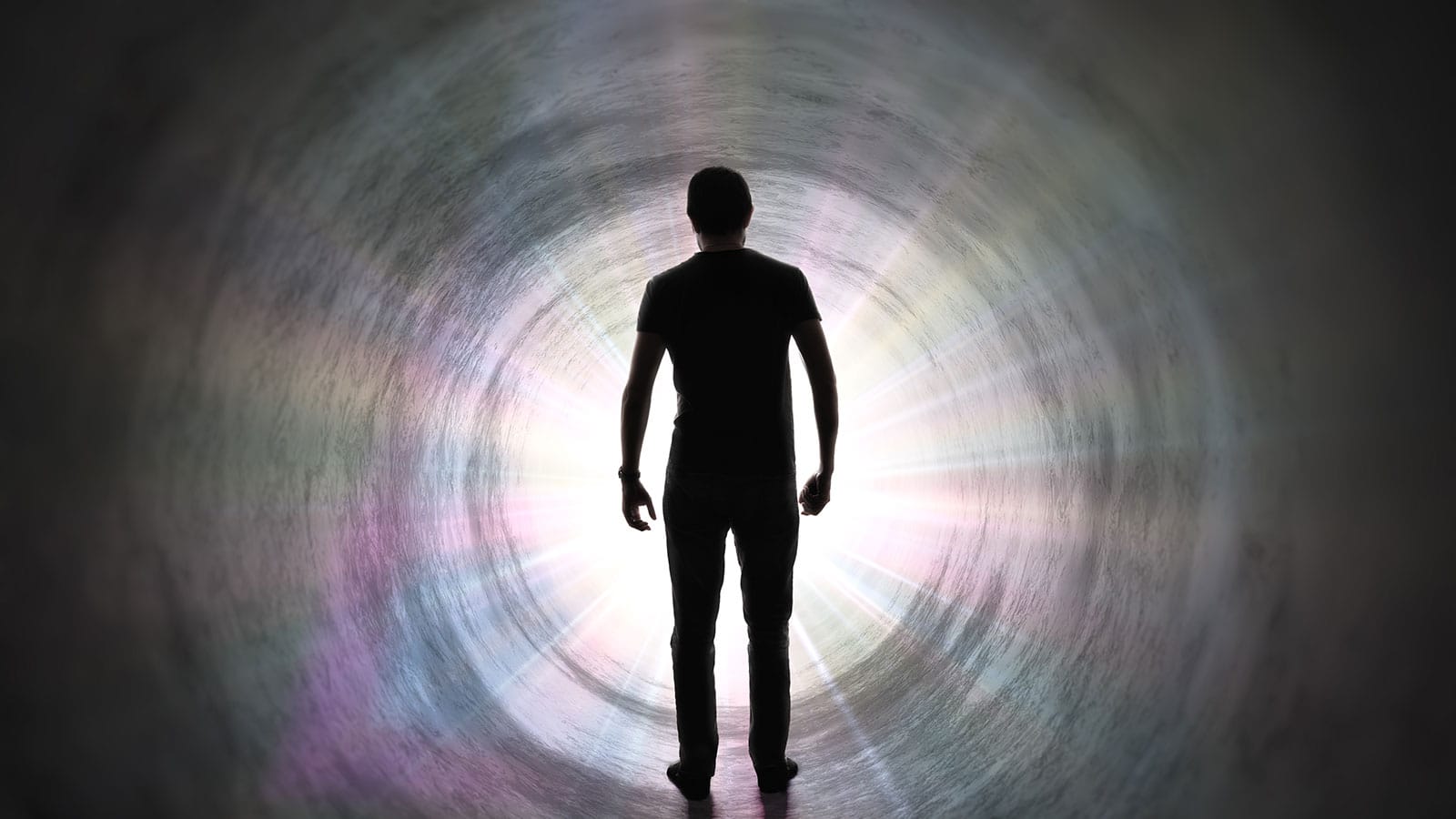Love, marriage, and then… divorce? It’s a trajectory that many might associate with whirlwind romances or impulsive decisions. However, an eye-opening trend has spotlighted an older generation—baby boomers—choosing to part ways after decades together. This unexpected tidal wave of separations requires a deeper look into the changing dynamics of love among those we often perceive as stalwarts of marital stability.
Changing Societal Views on Divorce

Image Credit: Shutterstock.
In past generations, divorce was seen as taboo and often stigmatized. However, society has evolved to be more accepting of ending marriages that aren’t working. As a result, many baby boomers feel liberated to make changes later in life. This shift has contributed to an increase in separations among this age group.
Increased Life Expectancy

Image Credit: Shutterstock.
People are living longer today than they did a few decades ago. With increased life expectancy, baby boomers may feel they have more time to start fresh. The desire for a more fulfilling life in these extra years might drive some towards divorce. Reimagining the “golden years” is leading many to reconsider their relationships.
Empty Nest Syndrome

Image Credit: Shutterstock.
Once children grow up and leave home, couples often face the “empty nest” phase. This can lead to a realization that their relationship lacks depth without kids around. For some, this becomes a turning point, leading them to seek happiness outside the marriage. The quiet of an empty home can amplify underlying issues.
Financial Independence

Image Credit: Shutterstock.
Many baby boomers have achieved a level of financial stability and independence by now. This means that they aren’t as financially reliant on their partners as they once might have been. As a result, the fear of economic uncertainty post-divorce doesn’t hold them back. Financial autonomy has provided many with the confidence to move on.
Retirement and Identity Crises

Image Credit: Shutterstock.
Retirement can bring about a significant identity shift. People who identify strongly with their professions may feel lost. If both partners grapple with this simultaneously, it can strain the relationship. This transitional phase can lead to a reevaluation of many life choices, including marriage.
Evolving Personal Goals

Image Credit: DepositPhotos.
As people age, their personal goals and desires can change. What seemed like a shared dream years ago may no longer align with current aspirations. When these individual goals diverge too much, it can lead to couples growing apart. Personal evolution can sometimes mean evolving past a relationship.
Increased Awareness of Mental Health

Image Credit: Shutterstock.
Mental health is now more openly discussed and recognized. Many baby boomers are seeking help and realizing they’ve been in toxic or unsatisfying relationships. With a better understanding of their mental and emotional needs, some are choosing to prioritize their well-being. Prioritizing mental health can sometimes mean ending an unhealthy marriage.
Social Media Influence

Image Credit: Shutterstock.
The rise of social media has reconnected many with their past. This can lead to reignited flames or feelings of nostalgia. It also offers a peek into others’ lives, sometimes leading to comparisons and feelings of missing out. The digital age, even for baby boomers, can influence significant life decisions.
Desire for Autonomy

Image Credit: Shutterstock.
After years of compromise and shared responsibilities, some may crave independence. They want to make decisions without constantly considering a partner’s wishes. This desire for personal freedom can be a driving factor behind late-life divorces. Living life on one’s own terms becomes a compelling appeal.
Improved Health and Vitality

Image Credit: Canva.
Modern healthcare and lifestyles mean many baby boomers are healthier in their 60s than their parents were. Feeling vibrant and alive, they may seek partners who match their energy and zest for life. If their current relationship feels stagnant, they might opt for a fresh start. Good health encourages confidence in new beginnings.
Diminished Stigma Around Being Single

Image Credit: Shutterstock.
Being single in your 60s and beyond isn’t frowned upon as it once was. Society has become more accepting of singles, regardless of age. This has empowered many older individuals to leave unhappy marriages. The idea of being solo is no longer a deterrent.
Relocation and Travel Dreams

Image Credit: Shutterstock.
Many baby boomers dream of traveling or relocating post-retirement. However, if one partner is eager and the other is hesitant, it can cause friction. For some, the urge to explore the world or live somewhere new outweighs the desire to maintain the relationship. Adventure can sometimes come at the cost of partnership.
Seeking Emotional Fulfillment

Image Credit: Shutterstock.
Physical needs aside, emotional fulfillment plays a pivotal role in relationships. Some baby boomers might feel that their emotional needs aren’t being met. This realization can prompt them to seek happiness and connection outside of their current relationship. Emotional satisfaction becomes non-negotiable later in life.
Boredom and Monotony

Image Credit: Shutterstock.
Years, even decades, of routine can lead to feelings of boredom. Without shared hobbies or interests, couples might feel they’re merely coexisting. To break free from the monotony, some may choose to start anew. Seeking excitement and novelty can steer some toward separation.
Increased Rates of Infidelity

Image Credit: Shutterstock.
With social media and online platforms, opportunities to connect with others have increased. Infidelity isn’t just physical; emotional affairs can also harm marriages. Some baby boomers find themselves in these situations, leading to broken trust and eventual separation. Digital age connections, even for older generations, come with challenges.
Desire for Genuine Happiness

Image Credit: Canva
Age often brings clarity about what genuine happiness means. Some baby boomers might conclude they’ve compromised too much in their relationship. This can lead to a strong desire to seek happiness, even if it means being alone. The pursuit of authentic joy becomes paramount.
Shifts in Social Circles

Image Credit: Shutterstock
Over the years, social circles can change. New friendships and experiences might introduce different perspectives on life and relationships. These shifts can influence one’s view of their own marriage. External influences can sometimes act as catalysts for change.
Lack of Communication Skills

Image Credit: Shutterstock.
Effective communication is the bedrock of any strong relationship. Some older couples might realize they’ve never truly mastered this. Over time, miscommunications and misunderstandings can accumulate, leading to feelings of disconnect. The absence of open dialogue can erode the foundation of a marriage.
Cultural and Societal Shifts

Image Credit: Shutterstock.
The world has witnessed massive cultural shifts over the past few decades. These changes in societal values and norms can influence personal views on marriage and relationships. What was once acceptable might no longer be so. The changing world can prompt introspection and reevaluation.
Personal Growth and Self-Discovery

Image Credit: Shutterstock.
Age can be a period of reflection, growth, and self-discovery. Many baby boomers might find that they’ve evolved, but their relationship hasn’t kept pace. This misalignment between personal growth and a stagnant marriage can push individuals towards divorce. A journey of self-awareness might mean journeying alone.
Baby boomers, like every generation, seek happiness, understanding, and connection. As we move forward, let’s approach these findings with empathy and a broader understanding, recognizing that pursuing a meaningful life knows no age boundaries.
16 UNACCEPTABLE THINGS BOOMERS GOT AWAY WITH IN THEIR YOUTH THAT WOULD SPARK OUTRAGE TODAY

Image Credit: DepositPhotos.
Looking back on the childhood of the boomer generation, it becomes evident that certain things once considered appropriate would never pass today’s standards. The cultural landscape has evolved significantly, leading us to recognize 16 aspects of their upbringing that would be deemed wholly unacceptable today. From unsupervised outdoor adventures to unfiltered television content, the boomer generation got away with various experiences that would undoubtedly raise eyebrows in today’s world. Let’s delve into these intriguing elements of their upbringing and reflect on how far society has come.
16 UNACCEPTABLE THINGS BOOMERS GOT AWAY WITH IN THEIR YOUTH THAT WOULD SPARK OUTRAGE TODAY
AUTOMOTIVE MONSTROSITIES: THE 10 CARS THAT PROVOKE BOOMER WRATH UNLIKE ANY OTHER

Image Credit: DepositPhotos.
There’s no age quite like the Baby Boomers. Born between 1946 and 1964, this group has witnessed some of the most transformative periods in automotive history. They saw the rise and fall of the muscle car era, the oil crisis of the ’70s that led to a change towards smaller and more fuel-efficient cars, and the technological leaps of the 21st century that introduced a new era of hybrid and electric cars. Yet, not every car model has managed to win their hearts. In fact, some have attracted quite the opposite reaction. From design tragedies to mechanical misfits, here are the car models that achieved the questionable honor of being the most hated by the Boomers. Buckle up as we take a reflective yet bumpy ride down memory lane.
AUTOMOTIVE MONSTROSITIES: THE 10 CARS THAT PROVOKE BOOMER WRATH UNLIKE ANY OTHER
IT’S TIME TO LET GO: 30 OUTDATED BOOMER HOME TRENDS THAT DESPERATELY NEED TO BE SHOWN THE EXIT!

Image Credit: Shutterstock.
With the advances of social media, home trends, décor, and fads change faster than ever before. While some trends become instant classics, others can be redundant, unsensible, or just downright hideous. In a popular online forum, users shared the home fads they’re tired of seeing. We’ve compiled a list of these most disliked home décor fads, so grab a cup of coffee, and let’s look into these less-than-inspiring home design options!
IT’S TIME TO LET GO: 30 OUTDATED BOOMER HOME TRENDS THAT DESPERATELY NEED TO BE SHOWN THE EXIT!
BOOMERS FED UP: THE NEVER-ENDING SAGA OF MILLENNIAL BLAME FOR FINANCIAL FAILURES – ENOUGH IS ENOUGH!

Image Credit: Shutterstock
Millennials look at their current economic situation with despair. The feeling amongst them is that the boomers are the cause of their woes. Boomers are considered to be a group of individuals who are self-serving, greedy, and short-sighted. But is this the case?
BOOMERS FED UP: THE NEVER-ENDING SAGA OF MILLENNIAL BLAME FOR FINANCIAL FAILURES – ENOUGH IS ENOUGH!



